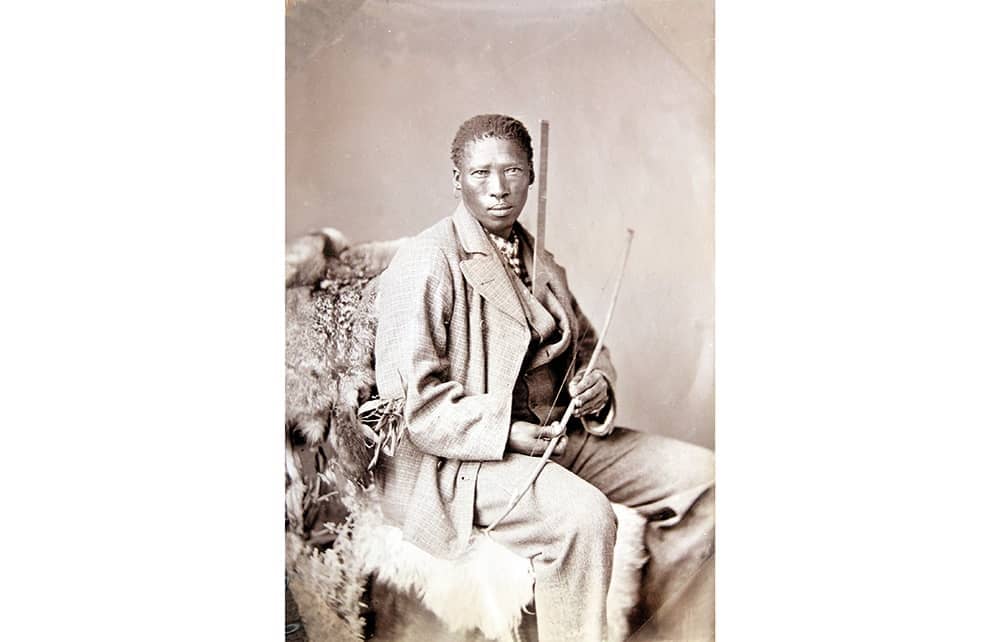Julia Blackburn’s Dreaming the Karoo is the diary of a very bad year: from March 2020, when a research trip to South Africa was cut short by the sudden emergence of Covid, to March last year. Blackburn had gone to Cape Town, and then into the dry interior, the Karoo, to explore the lost world she had found in an obscure volume that she had once chanced upon in the London Library.
Specimens of Bushman Folklore, by the linguists Wilhelm Bleek and Lucy Lloyd, published in 1911, contains the texts – life stories, origin myths, tales about animals, accounts of murders of women and children by the encroaching colonists – given by many of the /Xam, a Bushman group of hunter-gatherers. These informants were captives, hundreds of miles from their homes. Blackburn writes:
Nearly all of the prisoners held at the Breakwater Jail were being punished for stealing or killing or eating a sheep, and many more were murdered at the place where the crime was said to have been committed.
The Karoo is now a silent landscape, ruthless emptied of its teeming wildlife
As death and terror spread across the globe early last year, Blackburn bolted home to England. There she bunkered down in isolation, as all of us did who were lucky enough to make it through closing borders. Back in her studio she turned her attention to the stories that the /Xam had told a century and half earlier. Blackburn had lived with the /Xam and their stories that ‘may float into my ear’ for decades. She had first borrowed Specimens of Bushman Folklore in 1974, and had renewed it repeatedly. To write this book she reread it ‘over and over again, until some of the texts began to merge with my own memories and experiences’.
She found the Covid-ruptured world of her present reflected in those texts from another time and place.








Comments
Join the debate for just £1 a month
Be part of the conversation with other Spectator readers by getting your first three months for £3.
UNLOCK ACCESS Just £1 a monthAlready a subscriber? Log in